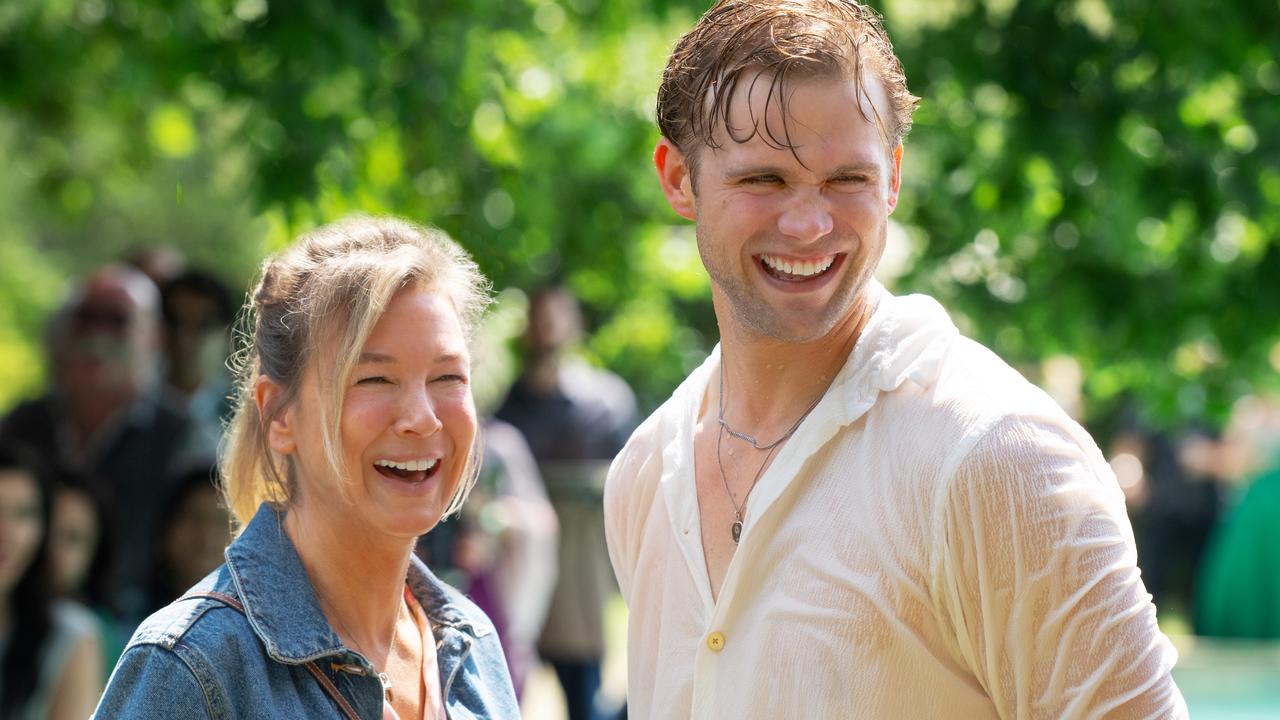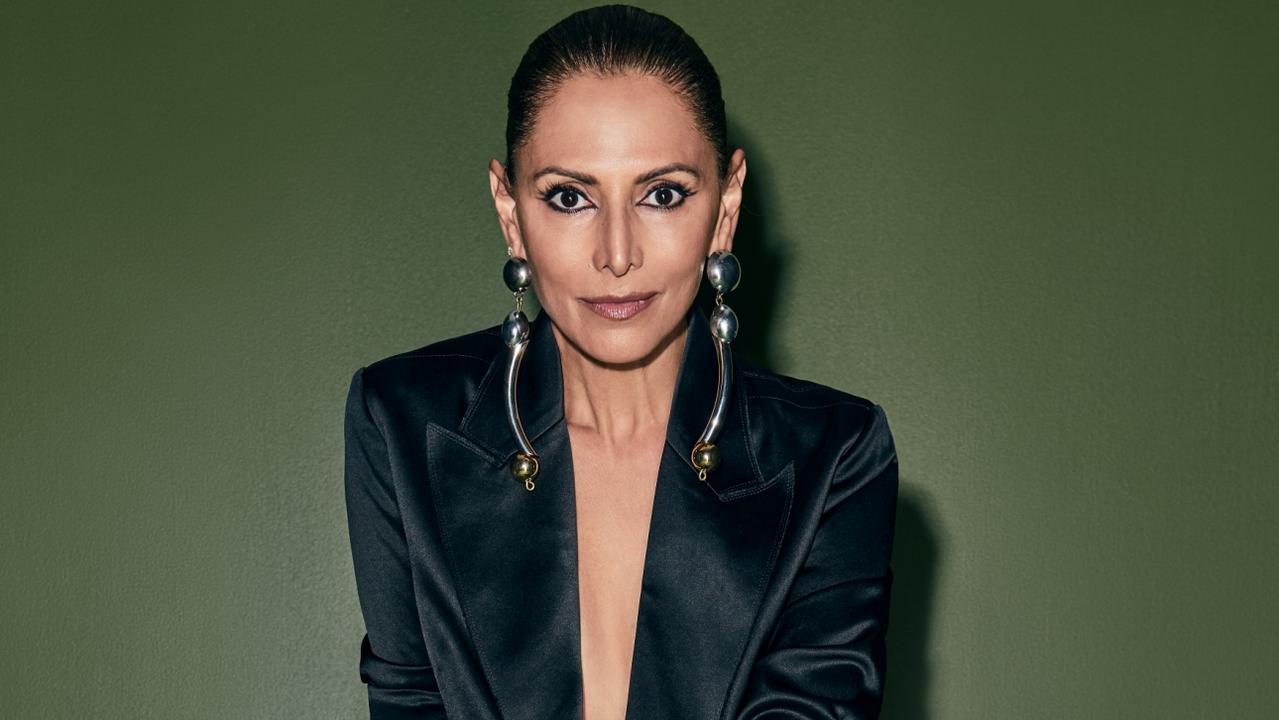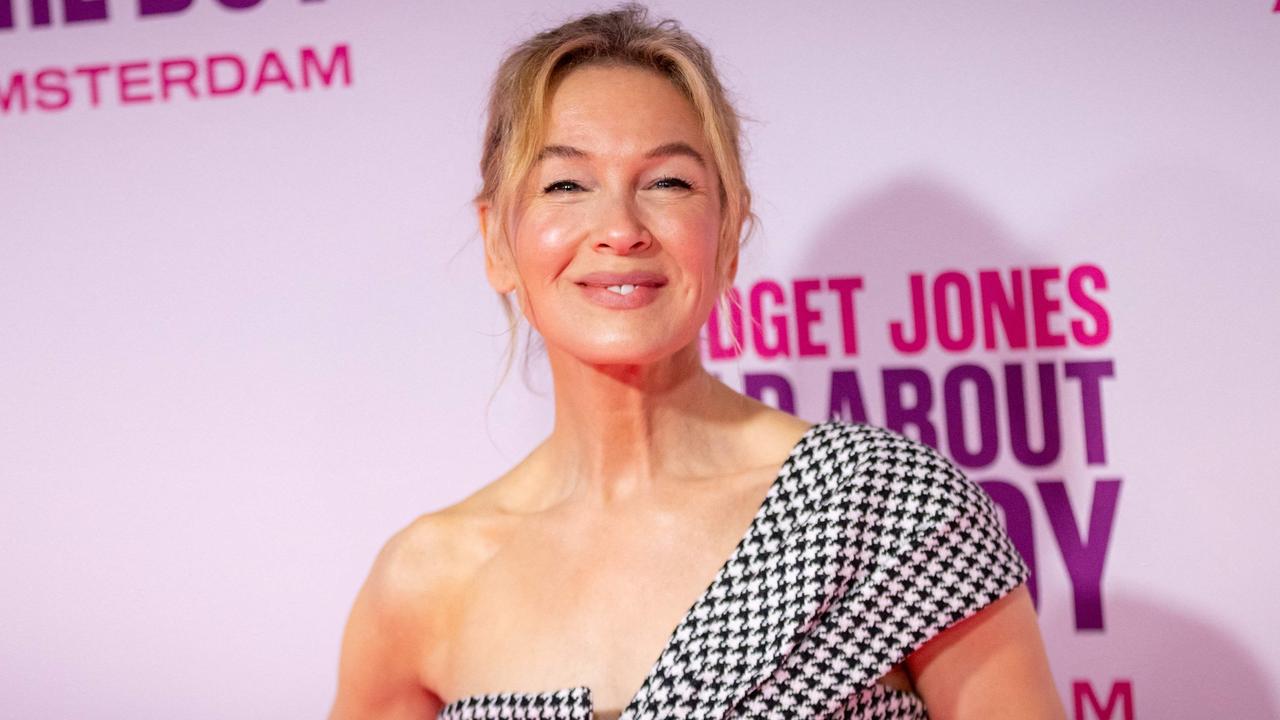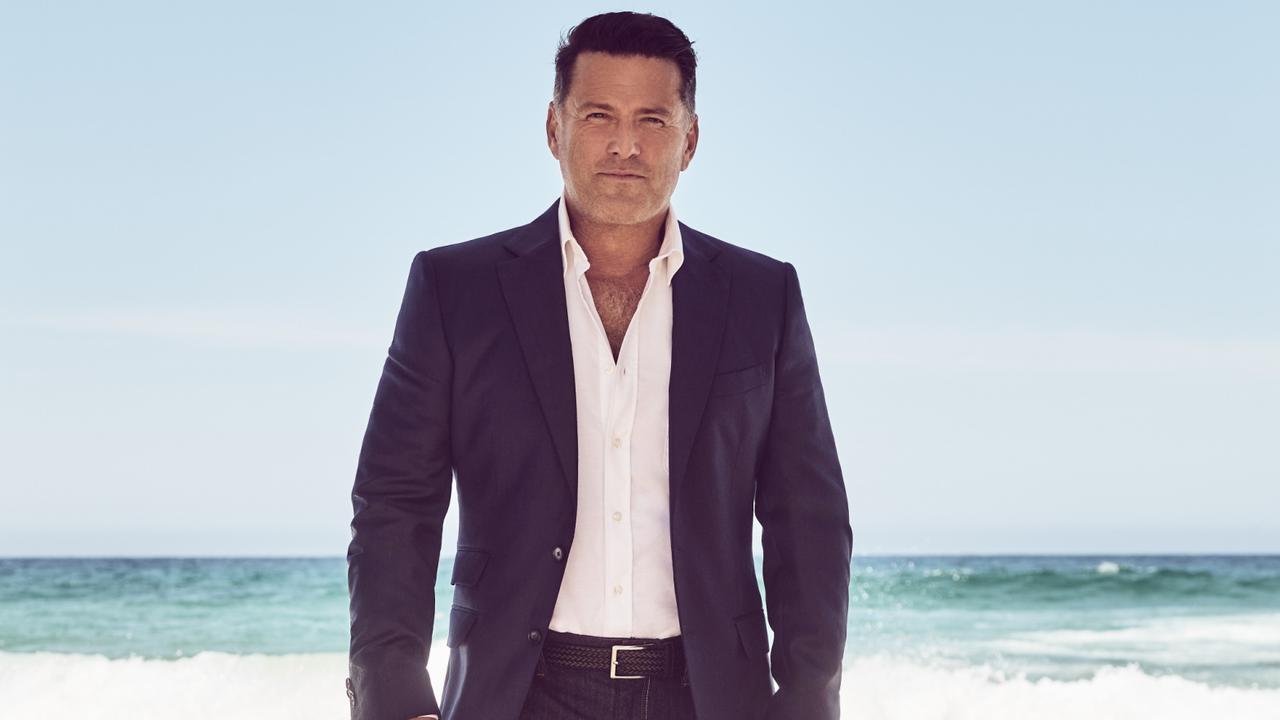Britney Spears, Ozempic and nose jobs: Froomes on the price of being ‘hot’
Froomes knows how much it takes to be ‘hot’. Now, the mega influencer and author reveals just how much her quest to be attractive cost her.
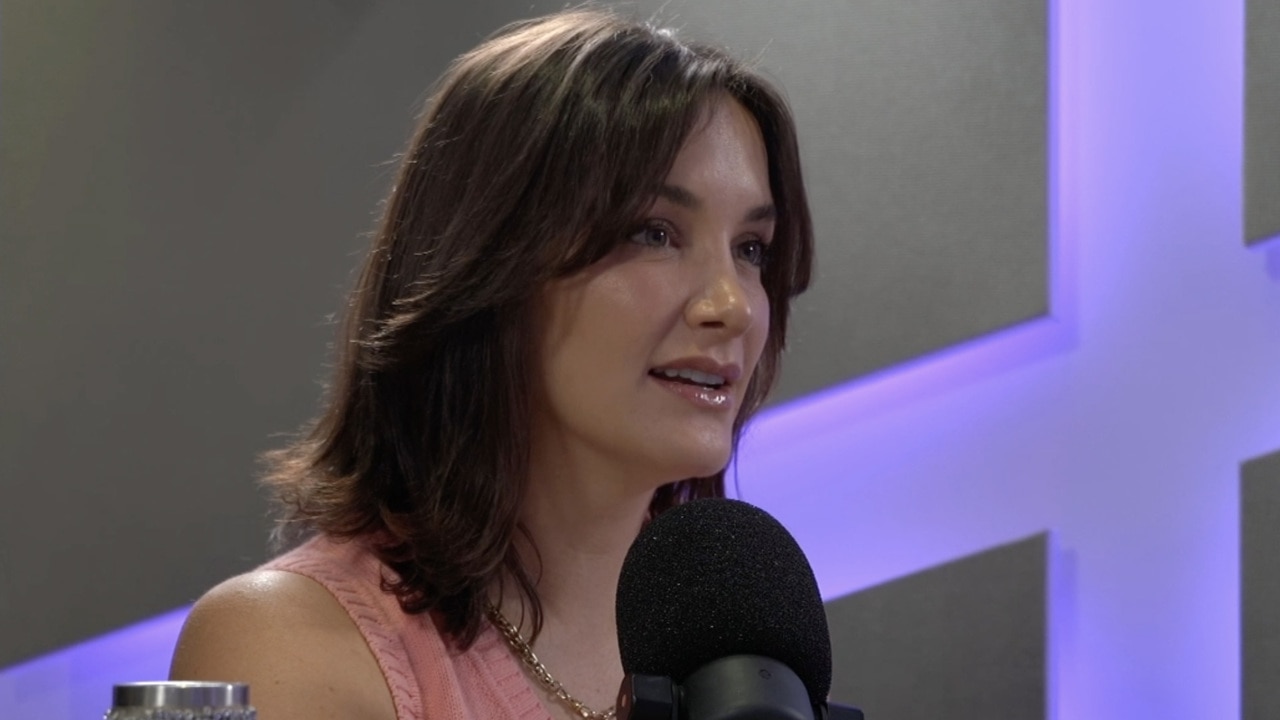
Stellar
Don't miss out on the headlines from Stellar. Followed categories will be added to My News.
Toxic messaging and noughties popular culture led Lucinda “Froomes” Price to spend much of her teens and 20s chasing the beauty ideal of “hotness” – and to develop an eating disorder.
On the latest episode of Stellar’s podcast Something To Talk About, the 29-year-old writer and digital creator discusses the enduring obsession with women’s looks, shares her feelings about Ozempic and reveals why she will never diet again.
Stellar: Your new book All I Ever Wanted Was To Be Hot is about growing up in the early millennium, interwoven with your personal experiences about the damaging media landscape that has scrutinised women’s bodies. The word “hot” is such an emotive word. What does it mean to you?
Froomes: I chose the word because it does have that very 2000s connotation. I think we use that word more like Paris Hilton – “That’s hot” – and I think wanting to be hot back then was scrutinised. If you’re a woman and you wanted to be hot, there were connotations of being a slut, or vain, or this or that. It’s very interesting now because we’re seeing this word reclaimed. I still mean it in the early 2000s way because as a young girl, I wanted to be seen as hot but wanted to act like I wasn’t trying.

Stellar: Every generation has their beacon of “hotness”: from Marilyn Monroe to Kate Moss to Paris Hilton in her postmillennial size-zero era. You write about the influence of The Pussycat Dolls and Britney Spears in your formative years. What impact did they have on you?
Froomes: I remember when The Pussycat Dolls song ‘Don’t Cha’ came out [in 2005] and I was watching the film clip. I was in Year 4 or 5 and it was this massive deal because it was like, these women are strippers and they’re pop stars. Before that, people were ripping into Britney Spears. I went back and watched a lot of interviews and what I found interesting was people would say to Britney Spears, “You’re a role model to young women.” She was like, “I never chose that.” She was a young woman herself. But with The Pussycat Dolls, I distinctly remember there being these two conversations: “Oh, they’re so hot” but then also “They’re a bit demonic and evil”. It was a confusing message to get.
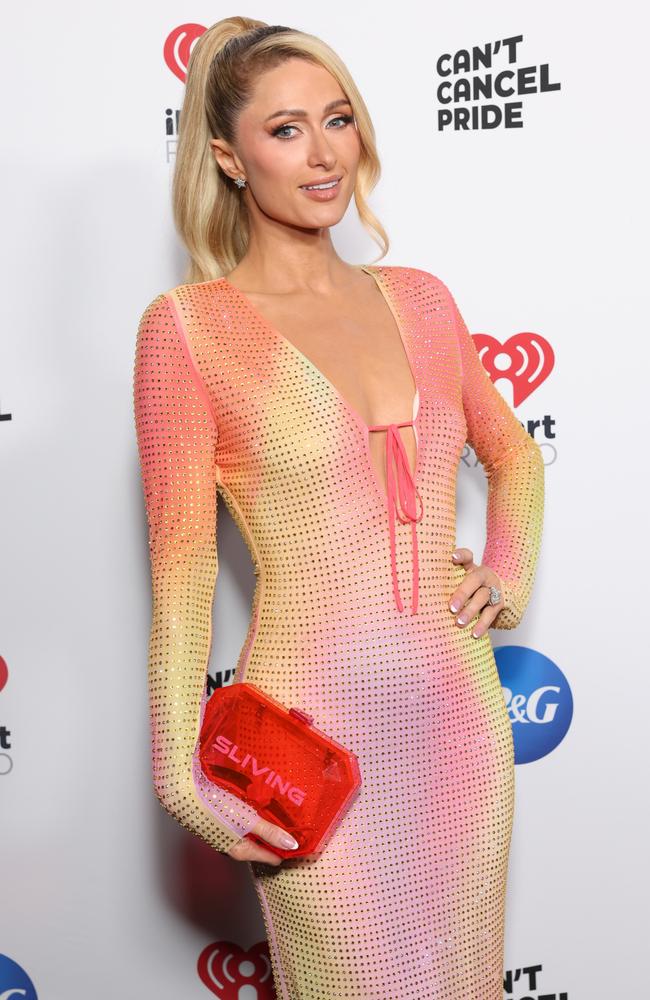
Listen to Froomes on the latest episode of Something To Talk About below:
Stellar: Let’s talk about Ozempic. Having researched this in writing your book, what are your main takeaways on this particular topic?
Froomes: That’s the one chapter that’s about something I haven’t experienced, so I was a bit worried writing about it. But I decided to because when I was coming out of a binge-eating disorder, a psychiatrist prescribed me an appetite suppressant. While I was taking it, I looked into therapy but I couldn’t find an eating disorder specialist who had any time. I found a study by Sydney Uni, which was trialling an online binge-eating therapy course, and I spoke to the researcher who said to me, “You can do the course but you’re not allowed to take the appetite suppressant.” I was at a crossroads: do I take this appetite suppressant and if it works properly, I can go back to the weight that I want or do I forgo that and really work on my concepts? I knew the secondary option was right. Had that been now, I would have found a way to get on Ozempic, to be perfectly honest. There was a push-and-pull [when I was deciding if I should talk] about it in the book because when you share, there is the risk of encouraging people.


You open up at length about your eating disorder in the book, from its origins through to now, where you write: “I am writing this chapter from a place of total recovery.”
It was definitely linked to getting my first job in media as a health and fitness editor … All day I was writing about wellness, diets, vitamins, runs. As part of the role, I did have to train for marathons. If I can pinpoint the time that it really kicked into a restrictive eating disorder, it was when I did a first run. I’d never run in my life. I have asthma. I didn’t like sports as a kid. So opening up physical exercise was like Pandora’s box.

For more from Froomes, hear the full interview on the latest episode of Something To Talk About below:
Most of the stories I read didn’t have any kind of hope or recovery; it was always this idea that an eating disorder will always be part of your life. I wanted to share that I am totally recovered, and part of the reason why I am is because I have this wonder, like “Whoa, I didn’t think I could ever recover from it.” I never want to feel that hopeless and out of control, that overwhelming obsession with something that just pulled me under. I’m never going to diet again. Because I can’t afford to go into that again. It’s not worth it.
All I Ever Wanted Was To Be Hot by Lucinda Price (Pantera Press, $34.99) is out now. If you or someone you know needs eating disorder support, visit butterfly.org.au.
Listen to the full interview with Froomes on the latest episode of Something To Talk About.
For more from Stellar and Something To Talk About, click here.
Originally published as Britney Spears, Ozempic and nose jobs: Froomes on the price of being ‘hot’

